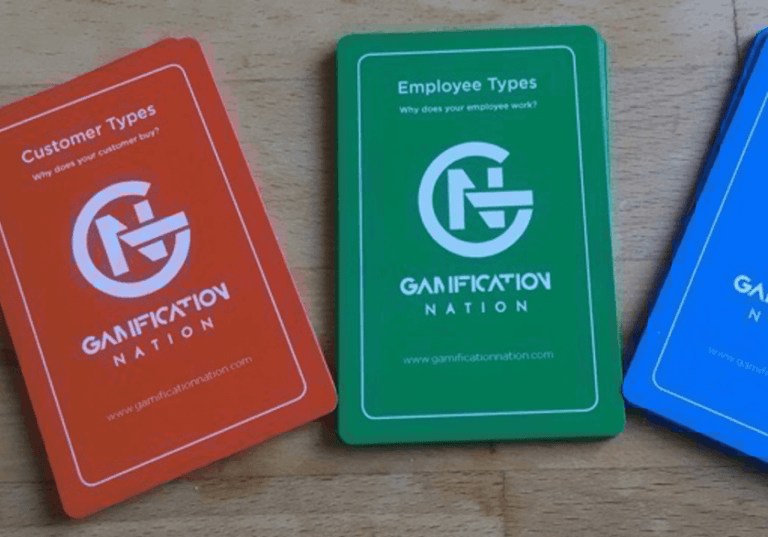Whilst observing a number of political campaigns in the last few months, they seem to be all around at the moment from the USA, to UK, to France, Germany, the Netherlands, etc I am sure I missed a few. Anyway, the thing I see in all that is published about politicians and the governing systems is based a lot on rumours and the connected suspected ‘have they really done that?’ type of suspicion. In the political game it has been a game mechanic that has been used for years and years, even so much so that Hollywood has made it part of the political plot and there is a rather hilarious one about the use of spin doctors with Sandra Bullock in it called “our brand is in crisis”. Here in Europe I would nearly call it “our world is in crisis” and if we leave it to spin doctors and politicians then all of us will pay the price.
In games, especially murder mystery strategy games, rumours and suspicion are a fabulous tool. In strategy games, bluffing can have a similar effect of creating a suspicion that the other player may have better cards, more ammunition, etc. In a way for the governing elite, the world is their playground. We are inadvertently being played every day. Strategy can be adapted and changed based on rumours. It wouldn’t be the first time the stock market adjusted based on nothing more than a good or bad rumour about a company or government. As a market the stock exchange again has provided lots of food for movie makers and writers and speculation about performance is their trading lifeblood.
In every day life, a lot of people will use the technique of spreading rumours and hence causing an element of suspicion on another person. Some won’t even know they are doing it with intent, yet they are creating an impact. Think back to what you have said about someone in the past few days or weeks, would it have caused an effect?
Just leaving that with you. Rumours can be based on discovered facts or made up stories. For the game mechanic to work all you need is one party spreading it to people who are likely to have an interest in believing it and then it will take a life of it’s own.
When creating gamification designs for business purposes, it is a technique I have used to start spreading the news about the new way of working. I purposely ask project team members to create positive gossip about the new system and then let the rumour mill do it’s thing. The thing about rumours is that they can both be positive and negative. Hence their impact can be both positive and negative. The challenge with using it that you have to manage the messaging, for every good rumour, you may have bad ones being started or even the response may be negative. It has it’s risks.
It is like throwing out bait and hoping the return is positive, however it isn’t guaranteed. So it is something to manage either way. Whether you choose to use this mechanic with intent or whether you choose not to use it, it will be happening when it comes to new ways of working, systems etc. My view from working in the field of change management for most of my career, that you may as well start the rumours you want to spread instead of waiting for the rumour mill to hit you.
How do you create positive suspicions as part of your engagement strategy?


